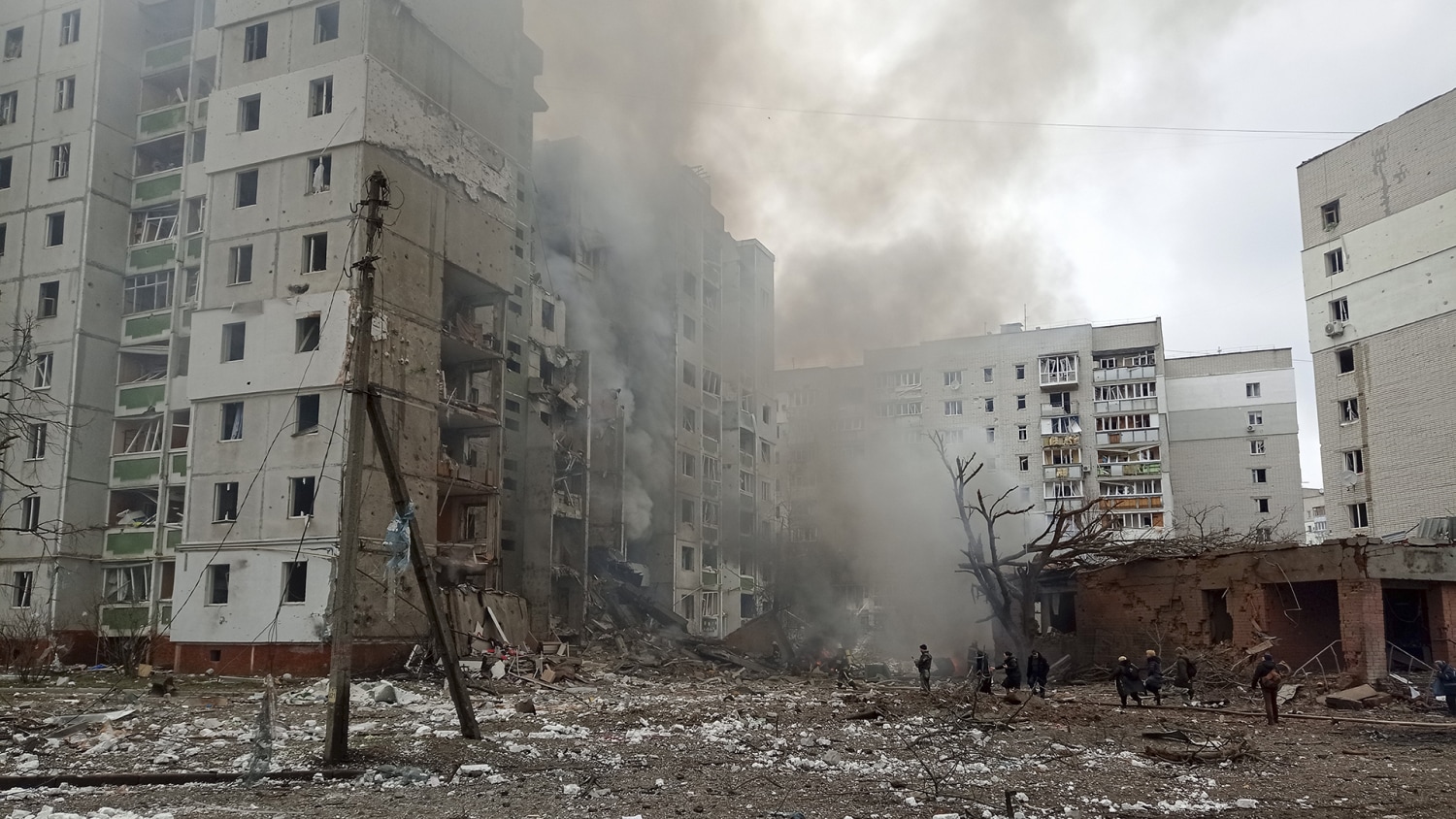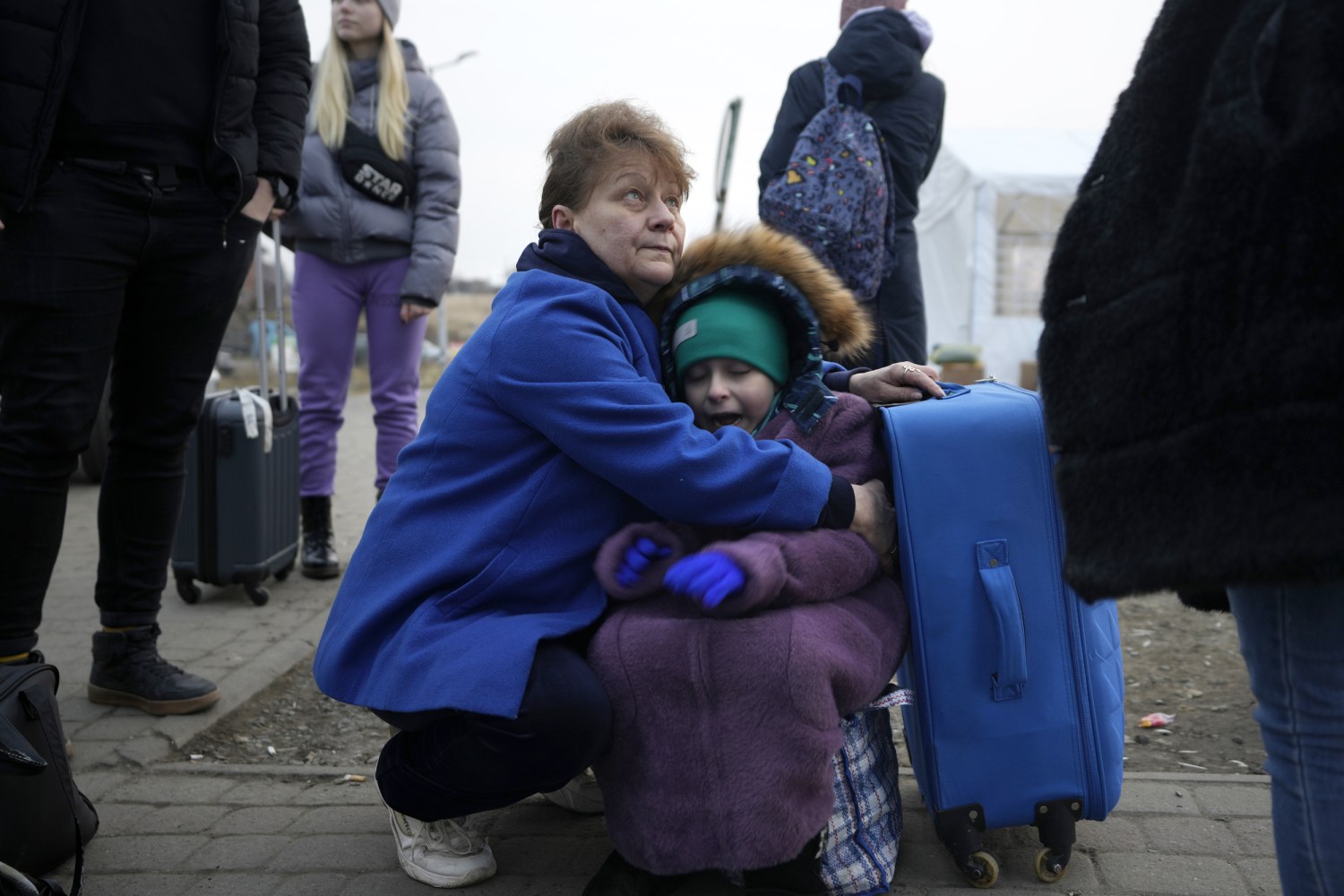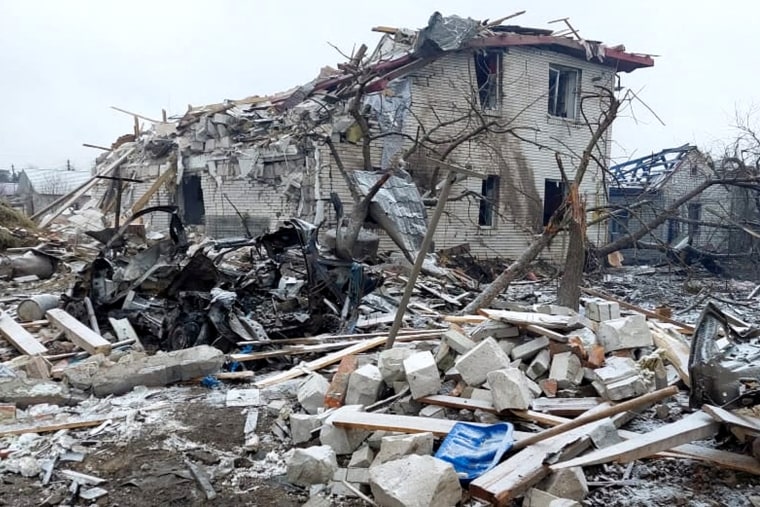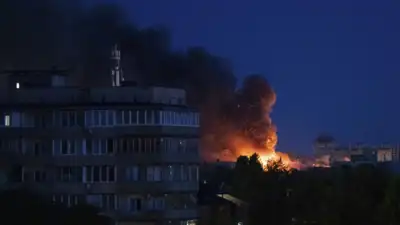US and Russia Hold "Frank" Talks on Ukraine, but Differences Remain

U.S. Secretary of State Marco Rubio and Russian Foreign Minister Sergey Lavrov met in Kuala Lumpur on July 10, 2025, for their second in-person meeting this year. While the talks were described as "frank" and involved an exchange of "new ideas" for a Ukraine peace plan, Secretary Rubio expressed President Trump's disappointment with Russia's lack of flexibility in ending the conflict. The Russian Foreign Ministry confirmed a "substantive and frank exchange of views," reaffirming a commitment to peaceful solutions.
Increased Russian Attacks on Ukraine

The meeting followed a significant escalation in Russian attacks on Ukraine. On July 9th, Russia launched a record-breaking barrage of over 700 attack and decoy drones, adding to the already continuous missile and drone strikes. Ukrainian President Zelenskyy reported a staggering total of approximately 1,270 drones, 39 missiles, and nearly 1,000 powerful glide bombs launched over the previous week, resulting in civilian casualties and widespread damage across the country, including Kyiv.
International Support for Ukraine Pledged

A conference in Rome on July 10th saw pledges of over €10 billion ($11.7 billion) in aid for Ukraine's reconstruction. President Zelenskyy used the opportunity to appeal for the more active use of frozen Russian assets to fund the rebuilding effort and requested additional air defense systems and investment in drone production to counter the ongoing Russian attacks.
US Considers New Bipartisan Sanctions Against Russia

In the United States, a new bipartisan sanctions package targeting Russia is gaining momentum in the Senate. Proponents believe these sanctions would provide President Trump with the leverage needed to force Russia to the negotiating table. However, the White House has expressed some reservations regarding the waiver authority included in the legislation.
Resumption of US Weapon Shipments to Ukraine

The Kuala Lumpur talks took place shortly after the U.S. resumed shipments of defensive weapons to Ukraine, including Patriot systems, following a temporary pause for a Pentagon review of domestic munitions stocks. This resumption, despite the increased Russian air attacks, was met with a positive response from Moscow.
Trump's Shifting Stance on Putin's Intentions

President Trump has voiced his frustration with Russian President Putin's perceived lack of flexibility in resolving the conflict. His rhetoric has noticeably shifted, now expressing doubt about Putin's desire for peace.
Concerns about Ukrainian Morale and Sustained Aid

Russia's intensified attacks are designed to undermine Ukrainian morale, placing immense strain on the already short-handed Ukrainian forces. Ukrainian officials remain apprehensive about the long-term consistency of vital U.S. military aid, emphasizing its crucial role in Ukraine's defense.
Geopolitical Tensions and Economic Ramifications

The ongoing diplomatic efforts take place amidst growing concerns over China's alleged resupply of Russia's military industrial sector and the U.S. imposing higher tariffs on countries that haven't established trade deals, including some ASEAN members. The conflict's severe economic consequences for Ukraine, with reconstruction costs potentially exceeding $500 billion over the next decade, further compound the global economic ramifications of the sanctions against Russia.
The Nature of the US-Russia Talks

While the discussions between Rubio and Lavrov were characterized as "frank" and "substantive," public statements highlight the persistent differences in approaches to achieving peace. This marks the second high-level meeting between the two officials this year, the first being in Riyadh, Saudi Arabia in February. The aim of these meetings was to gauge the willingness of both sides to pursue a peaceful resolution.
Key Stakeholders and Their Interests

The conflict involves numerous stakeholders with varied interests: The United States seeks an end to the conflict and is frustrated by Russia's perceived inflexibility, providing aid and weapons to Ukraine while exploring new sanctions. Russia continues military operations while engaging in diplomatic exchanges, aiming for a peaceful solution. Ukraine endures heavy attacks, requesting more international aid and weapons. European allies pledge financial aid for reconstruction and provide military support. International organizations assess damages and needs for reconstruction. China and India, as key purchasers of Russian oil and gas, influence the effectiveness of sanctions.